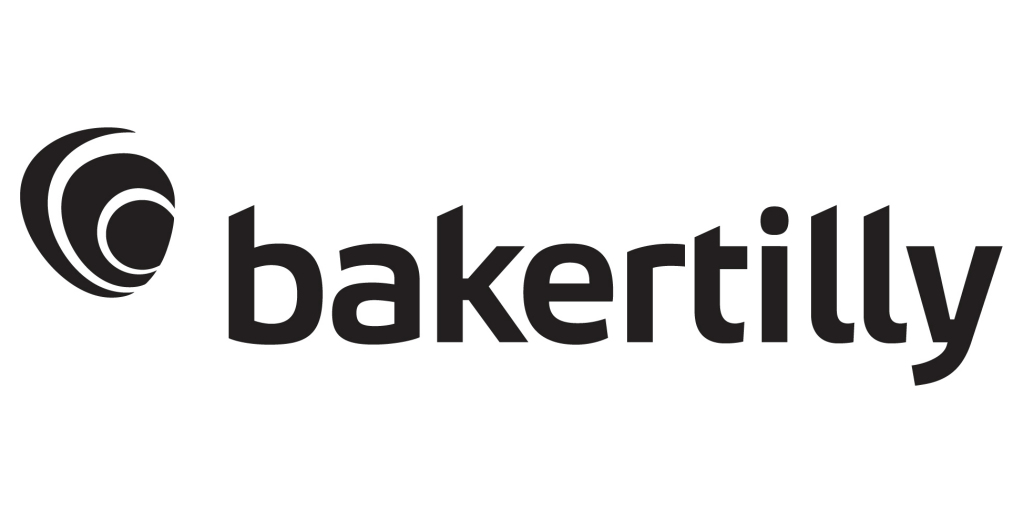Baker Tilly’s Insights on Redefining Manufacturing Through Sustainability and Innovation
Authored by Cindy Bratel
Manufacturing stands at its most crucial turning point as the current production systems are reaching their limits due to being built on centuries of treating resources as infinite and waste as inevitable. The world is witnessing a fundamental shift in how things are manufactured. Every element is vital, from the energy that powers factories to material sourcing and the end-of-life process for products.
Technology can help manufacturers make the inevitable shift towards sustainability. Achieving success in this shift to sustainability depends on having a seamless integration into both business strategy and operations. Technologies like IFS Cloud have a product roadmap that helps manufacturer’s sustainability needs. Unlike traditional industries that were driven by profit alone, this transformation is pushed by multiple forces: resource scarcity, regulatory pressure, market demands and technological breakthroughs. To stay competitive, it’s important for manufacturers to understand these factors.
How sustainable manufacturing works
Sustainable manufacturing is built on the foundation of how companies design, produce and manage their operations. Manufacturers can achieve true sustainability by forming a closed-loop system where waste becomes raw material, where energy comes from renewable sources and where products are designed to be reused or remanufactured from the start. Below are the fundamental principles that guide businesses to create products that balance accountability and profit:
- Resource optimization includes the efficient use of raw materials, energy and water throughout the production process. This principle focuses on maximizing value from every input while minimizing waste. It can be achieved by systemic monitoring and management of all resources entering and leaving the manufacturing process.
- Zero waste manufacturing aims to eliminate all forms of waste from production. To achieve waste-free processes, manufacturers should rethink traditional methods and find innovative ways to use or repurpose all materials and resources.
- Supply chain integration promotes collaboration across the entire supply chain to reduce environmental impacts. It involves working with suppliers, logistics partners and customers to create more sustainable product lifecycles. Shared goals and coordinated efforts are required to achieve sustainability in supply chain processes.
- Design for sustainability ensures environmental aspects are integrated into product development from early stages. Sustainable product design considers factors like material efficiency, energy consumption, repairability and recyclability.
What trends and technologies are transforming manufacturing
- Circular economy is the path forward, promoting the use of renewable materials, minimizing waste and designing recycling products. Companies can leverage advanced recycling technologies to enable the complete breakdown and reuse of materials across product lifecycles. Manufacturers adopting circular economy practices can reduce their environmental footprints.
- Advanced material technologies are creating new opportunities for manufacturers. Bio-based materials, developed from renewable sources are replacing petroleum-based materials. Similarly, innovative materials with improved durability and recyclability are being developed.
- Artificial intelligence (AI) and machine learning (ML) technologies help manufacturers with predictive analytics for resource consumption, waste reduction and energy efficiency. Moreover, these technologies can identify complex optimization opportunities across various business processes.
- Renewable energy systems are becoming more efficient and economically viable for manufacturers. These systems include solar, wind and hydrogen technologies. Energy storage technologies are allowing manufacturers to create more stable and reliable renewable energy systems. Similarly, microgrids enable companies to develop localized intelligent energy networks to manage energy consumption.
- Carbon capture and utilization technologies can now capture industrial carbon emissions and convert them into useful materials or energy sources. Traditional carbon reduction approaches are now being rejected for technologies that create economic opportunities from what was previously considered waste.
- Additive manufacturing reduces material waste and guides more sustainable production approaches. For instance, 3D printing technologies allow for precise material use and reduce transportation, encouraging more localized production.
Why sustainable manufacturing is a catalyst for business success
- Sustainability in manufacturing provides business benefits that extend beyond environmental factors. These benefits create both immediate returns and long-term value.
- Sustainable manufacturing strategies contribute to financial value creation. Companies implementing any kind of sustainability program experience annual cost reductions through resource efficiency. These savings can manifest across energy consumption, material usage and waste reduction.
- By proactively implementing sustainable practices, manufacturers can mitigate risks comprising potential penalties and position themselves favorably with regulatory bodies. Early adoption also provides a strategic advantage in navigating regulatory compliance.
- Sustainable manufacturing initiatives strengthen brand equity. The improved market positioning often translates into increased market share and helps companies maintain existing customer relationships while attracting new environmentally conscious consumers.
IFS Cloud technology allows manufacturers to align their economic objectives with sustainability goals by offering tools for supply chain transparency, emissions tracking and sustainability reporting. Together, Baker Tilly and IFS provide sustainability consulting expertise with modern ERP platforms, enabling manufacturers to develop sustainability strategies supported by robust technology.
Connect with a Baker Tilly specialist to learn more!

